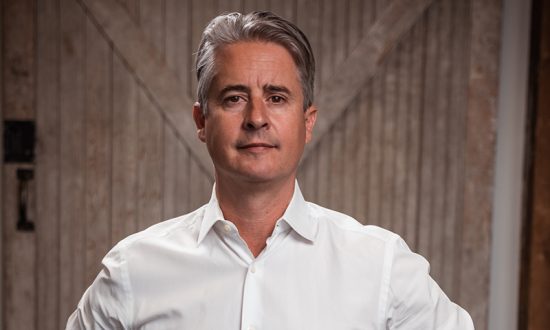With 25 years of entrepreneurship, operations, sustainability and technology experience, Andrea brings a hands-on approach to partnering with investors, corporate boards, management, to create accelerated returns, resilient investment, and market leadership. He specializes in Resilience, Investment Promotion, and Women Entrepreneurship.
He was the Risk Management Coordinator for the World Bank in the Middle East for 8 years. Andrea continues to advise International Financial Institutions, and entrepreneurs on clean tech, sustainability, impact investments. He is a Science and Foreign Policy Graduate from Georgetown University and has a bachelor’s degree in philosophy and Foreign Languages from Bologna University.
Recently, in an exclusive interview with CXO Magazine, Andrea shared his professional journey, the mission and vision behind Confidente, inspiration behind starting We Empower Cities (WEC) acceleration program, personal role model, and much more. The following excerpts are taken from the interview.
Andrea, please share with us your background, professional journey and what inspired you along the way.
I first attended the University of Bologna, Italy where I studied Literature and Philosophy. I received my degree in Philosophy, Foreign Languages, and Literature degree from the same university before entering the business world. I finished my education career at Georgetown University in Washington DC, receiving a Master of Science in Foreign Service.
I am proud of my background and how I have achieved success in life. I am an Italian American that came from very humble beginnings and grew up between Switzerland and Italy. By the time I turned 12 years old, I tragically lost both of my parents, something that I believe helped shape who I am today. Even though I had struggles with school in Italy, I committed to improve in the classroom, and followed my dreams of studying literature, philosophy, and the power of language. As a young adult, I travelled and lived extensively across Europe, the United States and Latin America. This shaped me shape my identity and made me more combative as I realized that adapting to different environments and work conditions was going to be essential for my success.
After completing my initial studies, I co-founded a fashion and a food start up (in Venice and Miami respectively) and learned to raise capital to fund my business ventures. These experiences taught me to focus on what we have absolute control over while learning to deal with setbacks and failures. Throughout these early-stage businesses I experienced solitude, and I learned to make tough decisions without any guidance as I fought for my business survival. I got better at tolerating pain, ignoring the noise around me including the benign opinions of others.
After exiting these start-ups, some successfully and some with big failures, I started working with President Clinton and Secretary Albright between 2005 and 2007, which helped cement my skill set within the business world and international negotiations particularly around sustainability and clean energy. I went on to become the head of disaster risk management at the World Bank in the Middle East in 2009 (from Washington DC, USA and Addis Ababa, Ethiopia), which provided me with experience working within the risk management industry as a leader. In this capacity I advised 20 ministers of finance and mobilized over US$ 9 billion dollars for infrastructure projects in conflict countries such as Lebanon, Yemen, and Palestine. Using the lessons learned from the World Bank, I began the first women’s investment-focused accelerator program in 2015 called We Empower Cities. This is one of the accomplishments I am most proud of, as I believe that women hold incredible insights into how to work as successful professionals. As part of this project, since 2015 I advised and coached over 20,000 women entrepreneurs across 15 countries in the Middle East, North Africa and Latin America. This would also lead me to focus more on business and professional development, and that is where I entered the empowerment space shortly after.
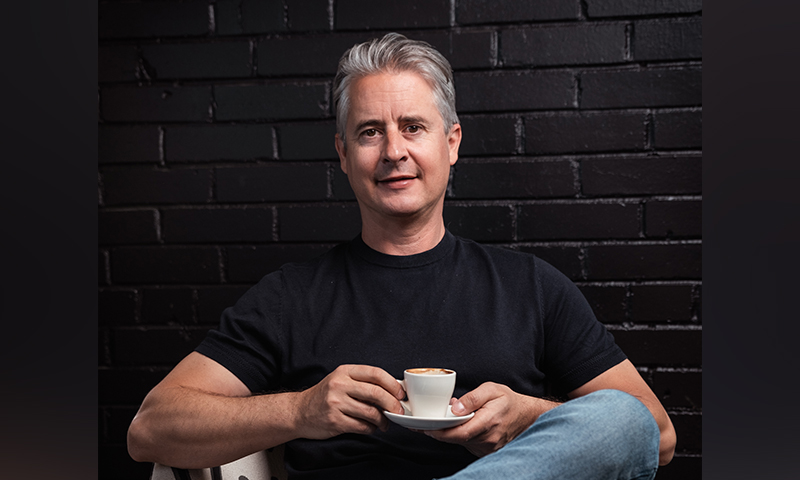
Brief us about Confidente.
Over the years, I realized that building trust was the core value that transformed all my relations. I thought of “Confidente,” which in the Italian language is the person you trust, as I learned to build trust as the best way to succeed in life. Everybody needs a Confidant in life and that is why I created this venture, to better serve and empower global communities to make better decisions for success and more impactful living. Confidente is the trust-based platform that helps make smarter decisions, become more emotional intelligent, and become more successful while doing it.
At Confidente, we believe the more you learn, the better your decision becomes, and when you fail, you convert shortcomings into positive feedback. When you join Confidente you become part of the global community that empowers you to “bank” on your ambition while learning strategies to tolerate pain.
What is the mission and vision of the company?
Confidente builds trust-based communities promoting emotional intelligent decision for financial success. We want to build a billion people digital community based on ethics, financial literacy, and personal growth.
What are your current responsibilities and what’s a typical day look like?
As the Founder and CEO of Confidente I am responsible for getting early traction and scaling operations. This means fund-raise, advise clients (mostly women entrepreneurs and ambitious people), manage the company, and continue to hire impactful individuals.
A typical day starts at 5am with a meditation session and a good cappuccino. I then read the news and get ready for work. After dropping off kids at school, I start my virtual coaching sessions with women led companies and/or with clean tech clients that need to raise capital and don’t know how to deal with the tough market conditions. During these sessions, I provide guidance and tools to help them deal with adversity and stay focused on the end goals regardless of the short-term fund-raising outcomes. In the afternoon, I typically talk to investors and strategic partners ensuring that they can get exposed to the disruptive technologies we are advising. Late in the evening, I have phone calls and keep nurturing my network. Once done with these calls, I cook a good Italian meal for my family, and I read for an hour before going to bed.
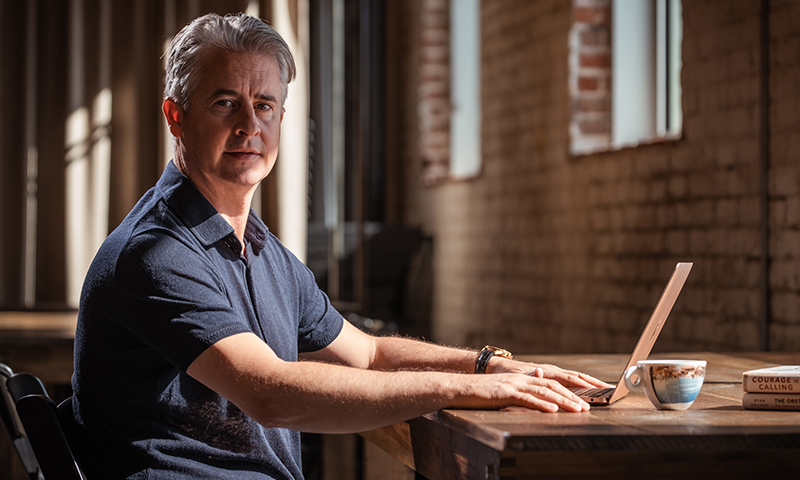
You are the Chairman of We Empower Cities (WEC). Can you please tell us about this acceleration program and your role in it?
We Empower Cities (WEC) is an acceleration program powered by a consortium of public and private sector organizations, investors that provides training, mentorship, professional networking, and early-stage capital to female inclusive companies. WEC supports women entrepreneurs in accelerating innovative businesses that also create positive impact for their employees and communities. I am the Founder of WEC, and I was inspired to start this accelerator after launching the first women focused investment program at the World Bank in 2011. I started this investment program in partnership with the Kingdom of Saudi Arabia and Japan. I continue to believe in this type of programs because women entrepreneurs are the future of business and there are huge money-making opportunities in companies and investments that are women led or women inclusive.
What role do you think companies play in sustainability today?
They play a massive role, particularly today where regulations are catching up with environmental and societal challenges. Furthermore, more private sector companies, particularly start-ups are addressing sustainability challenges. This is because the private sector can scale sustainability solutions quickly and cost-effectively, while providing financial rewards to all stakeholders involved. Just to give you an example of how successful Green Start-ups are, in Feb 2023, there were 90 Green Unicorns globally, companies valued at $1 billion dollar or more (this is close to 10% of all Unicorns). Furthermore, in 2022 there was about $ 1 trillion dollars’ worth of investments in sustainability. Clean tech and sustainability investment is becoming the norm, and my advice to all entrepreneurs is to integrate sustainability solutions to their business model as this will be soon mandatory.
How do you deal with the obstacles you encounter in your career?
An obstacle, a mistake or even a failure, are just market feedback that should help you to pivot, reassess your assumptions and learn to make smarter decisions. While obstacles can lead to stressful decision making, they represent fuel for growth. I often found opportunities and solutions during the darkest moments of my career.
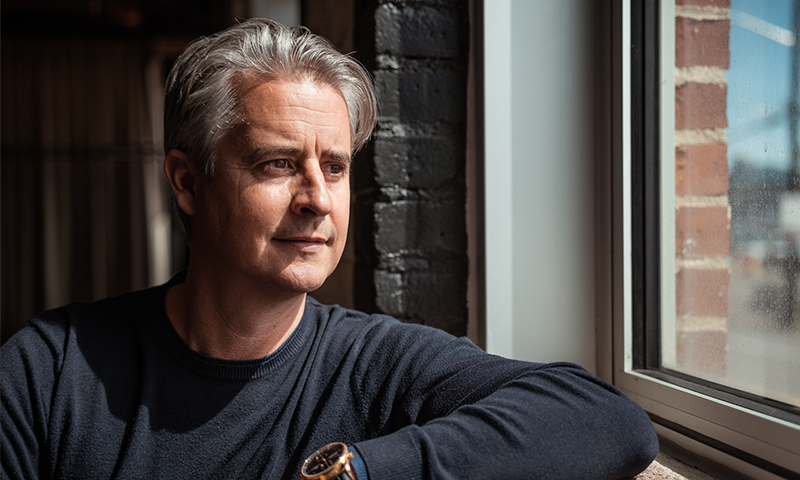
What do you wish you’ve asked yourself before starting your career?
The question I and everybody should ask before starting a venture is who do I want and need in my business and life? There is only one answer here. Pick people that have complimentary skills to you. If you are an engineer, get a salesperson, or a technologist or a finance person on board. Also make sure you have emotional intelligent people in your team as this skill becomes a key differentiator particularly in times of crisis like these.
How do you engage with and empower others?
I listen carefully and make my interlocutor’s problems my top priorities. When you listen, you learn and at the same time empower the person you are listening to. No phone or other distraction should be part of an initial one on one engagement. This is how you build immediate trust and bring someone closer to you. In some cases, I am the first at breaking the ice, and I talk about my failures and blunders as this helps building trust. When you share your vulnerabilities, people tend to reciprocate and open up.
Throughout your career, who were your biggest inspirations?
My grandmother who raised alone 10 kids with no resources. She also adopted me and my brother after our parents passed away. This taught me how to do more with less and use scarcity to my advantage. As we continue to live in recession prone markets, high cost of capital, and financial risk, reducing spending and hiring only the people we absolutely need is the way to win in business.
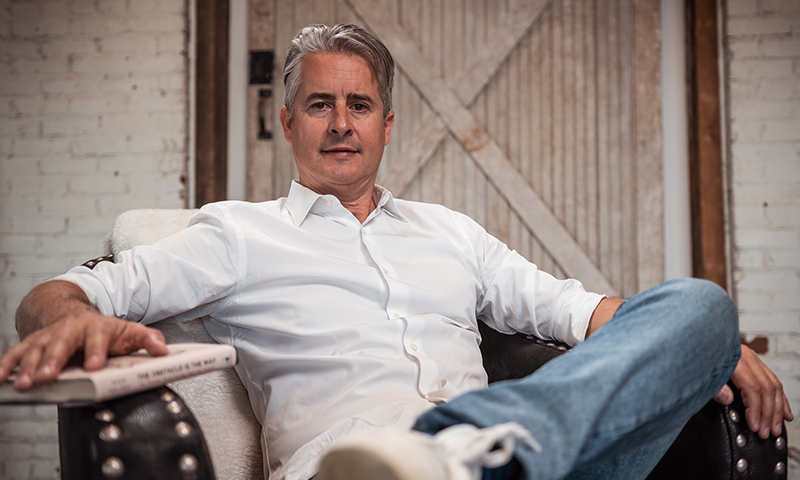
How do you unplug yourself from work?
I read at least one hour a day, I exercise for another hour, and I cook a good meal every day. Every day you have 1440 minutes to use to reach your objectives. You have to think of these minutes like your bank account. If you remove the sleep, and other routines such as eating, commuting, and other administrative task, you are left with roughly 750 mins a day. User this time to learn more to become fitter, as this will make you more focused and resilient.
As a leader, what advice do you have for future leaders to be passionate about society and the environment?
I would look at the Environmental, Social and Governance (ESG) movement as a good starting point to build your venture. Sustainability is becoming the new bottom line and by 2025 about $5 trillion dollars will be invested in this area. I predict that we are about to face a clean tech revolution which will have the same business volume of the internet of the 1980s.

